2024 is already shaping up to be a fantastic year for fantasy enjoyers, coming across as a pitch-perfect continuation of what Baldur’s Gate 3 kickstarted last summer. In fact, it feels like Delicious in Dungeon and Dragon’s Dogma 2 couldn’t be arriving at a better time.
Mind you, fantasy RPGs have – tabletop or video game – never gone anywhere (Skyrim and Dark Souls feel like the defining titles of the last decade), and traditional properties like Dungeons & Dragons feel more alive than ever. But we can definitely draw a circle around Baldur’s Gate 3 as the gate into a new golden era for the sort of classic fantasy that defined the genre for mainstream role-playing experiences decades ago.
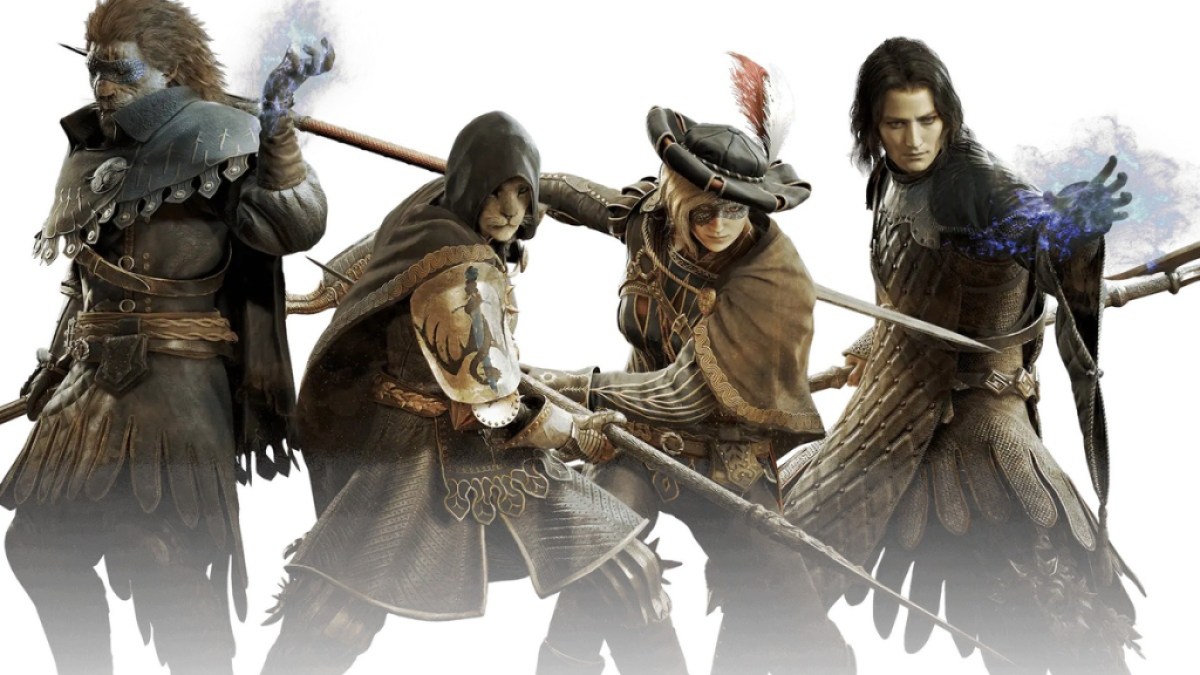
While we’ve enjoyed countless fantasy adventures over the years across all forms of media (it’s been killing on TV, too), there’s also been a distinct lack of stories that simply followed a bunch of adventurers looking for treasures and walking into dark dungeons. World-ending stakes aside, the first Dragon’s Dogma excelled at creating this type of “small excursions” full of chatter and surprises through simple side quests, smart level design, and rewarding exploration. Dragon’s Dogma 2 looks no different in the best possible way.
Pawns are arguably the key to Dragon’s Dogma’s sauce: customizable characters that are shared across dimensions and learn from each adventure to improve how they serve players and even bring back rewards on their own. It’s the kind of “lively” DNA that makes Bethesda’s games so special but applied to party-centric systems that aren’t turn-based. Such elements are fun on their own and make the gameplay pop, but an added value is that they help flesh out the true roleplaying aspect of the game.
Of course, Baldur’s Gate 3, the recent Divinity games, and countless Eastern RPGs have all kept that spirit alive, but few major games have successfully pushed aside complex plots to let the simple joy of adventuring in a fantasy world with a bunch of fictional characters take the wheel. This explains why Skyrim and Dragon’s Dogma remain so popular; they’re flexible sandboxes that are actually okay with players choosing to ignore the seemingly urgent plots and telling their own stories.
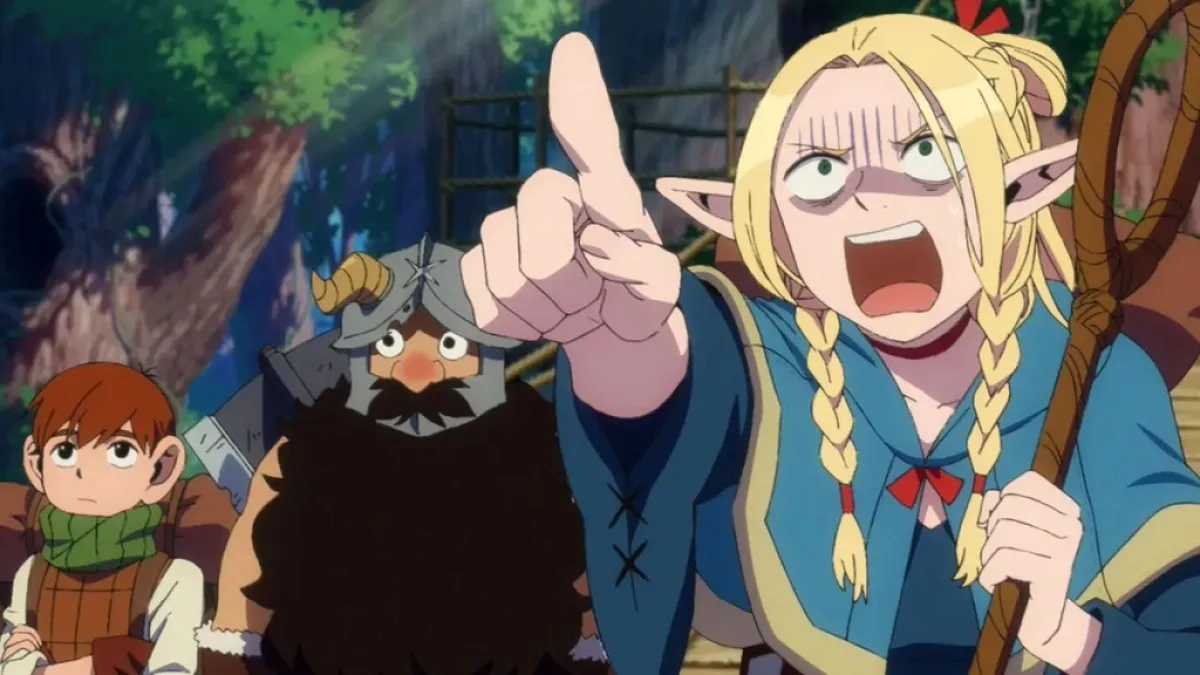
Traditional anime opening aside, Delicious in Dungeon appears to embrace that sort of energy to introduce a lovable cast of characters and to flesh them out alongside the fun world they inhabit. All lore dumps and blocks of exposition arrive through their simple adventure (mind you, an important event sets the plot in motion), and the writing, as well as the world-building, are more concerned about making the audience want to spend more time in that universe and with those riches-seekers than about telling the sort of odyssey that everyone seems to be doing nowadays.
I haven’t read the manga and am watching the anime as it drops new episodes on Netflix, so I don’t know where the plot is going, but I wouldn’t be surprised if the overarching story eventually ramped up and tried to reach higher. It’d be interesting to see after the more relaxed trip into the massive dungeon’s bowels, but at the same time, I believe that I love Delicious in Dungeon so much because it’s kind of a “happy place” full of gags and amazing-looking food that happens to be inhabited by iconic monsters and various fantasy freaks. It’s kind of a perfect distillation of the fantasy genre and the joy of playing a D&D campaign with friends that you can quickly digest in tiny pieces.
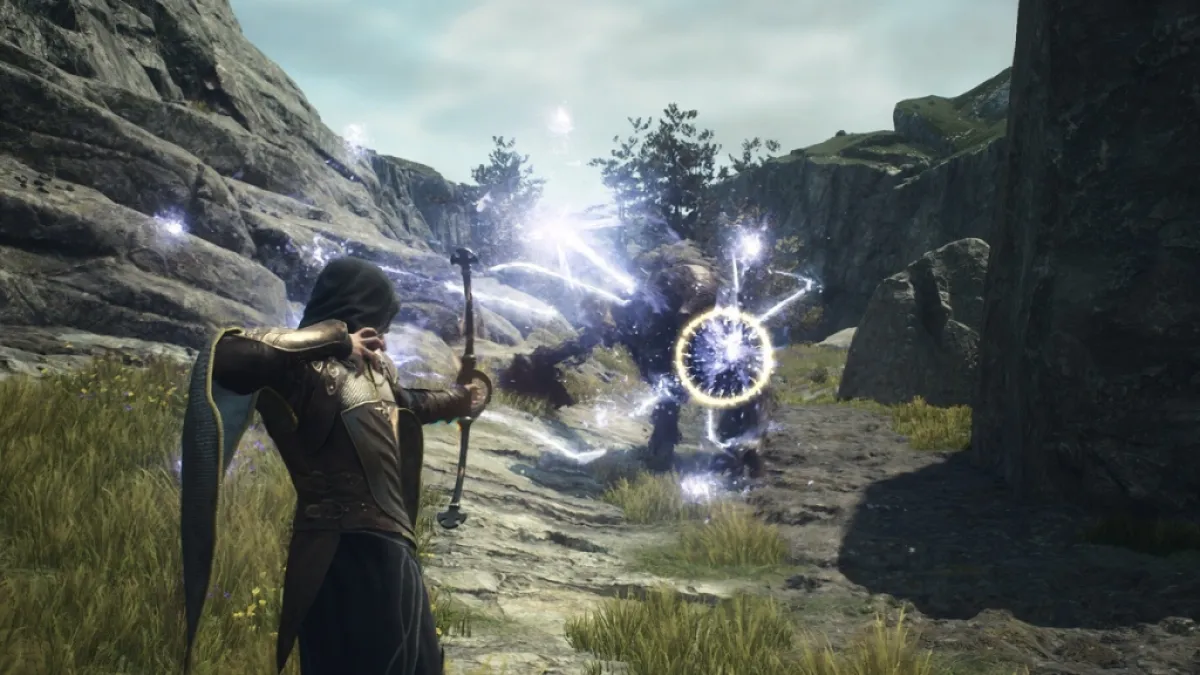
It’s the same kind of energy that Dragon’s Dogma 2 and its many new features seem to be aiming for: The game appears to be everything diehard fans ever wanted and more, and while the world is bigger than before and trouble looms on the horizon, it appears that the team behind it was smart enough to realize most of its charm came from the journeys it forced on players and the alliances made along the way. Hideaki Itsuno has already explained he wants players to “properly travel through the game’s world” versus simply using fast travel (which was a limited option in its predecessor, anyway), and we can see why.
When it comes to open-world video games, there’s a sweet balance to be found between throwing tons of content at players and making us care enough to walk the huge spaces between points of interest. In my experience, I like spending time simply traveling the worlds when they feel truly alive and/or make you expect the unexpected. Bethesda is king at this – no discussion there. But Dragon’s Dogma also made the most of its rather limited map. With the promised bigger scope of the sequel, I can see myself ignoring whatever is threatening all of existence for longer periods of time. Let me get into unplanned trouble with my rotating gang of Pawns.
With so many plot-heavy RPGs and live-action fantasy epics coming our way this year, it’s healthy to want more “relaxed” (getting trashed by monsters is unavoidable) stories, or at least little tales, from some of the biggest sword-and-sorcery releases dominating the pop culture mainstream. Future Baldur’s Gate and Dragon Age titles (for example) will hit harder whenever they arrive if, meanwhile, we’re allowed to spend some time goofing around in colorful worlds and watching courageous adventurers eat their way through several dungeon floors.

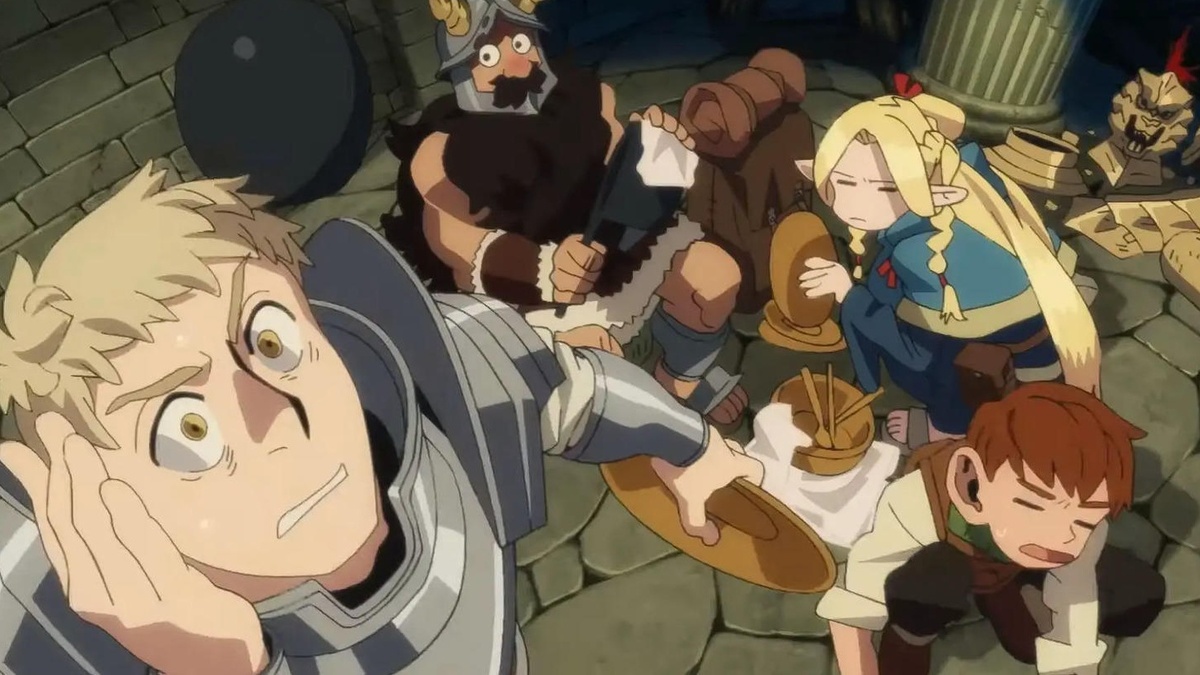

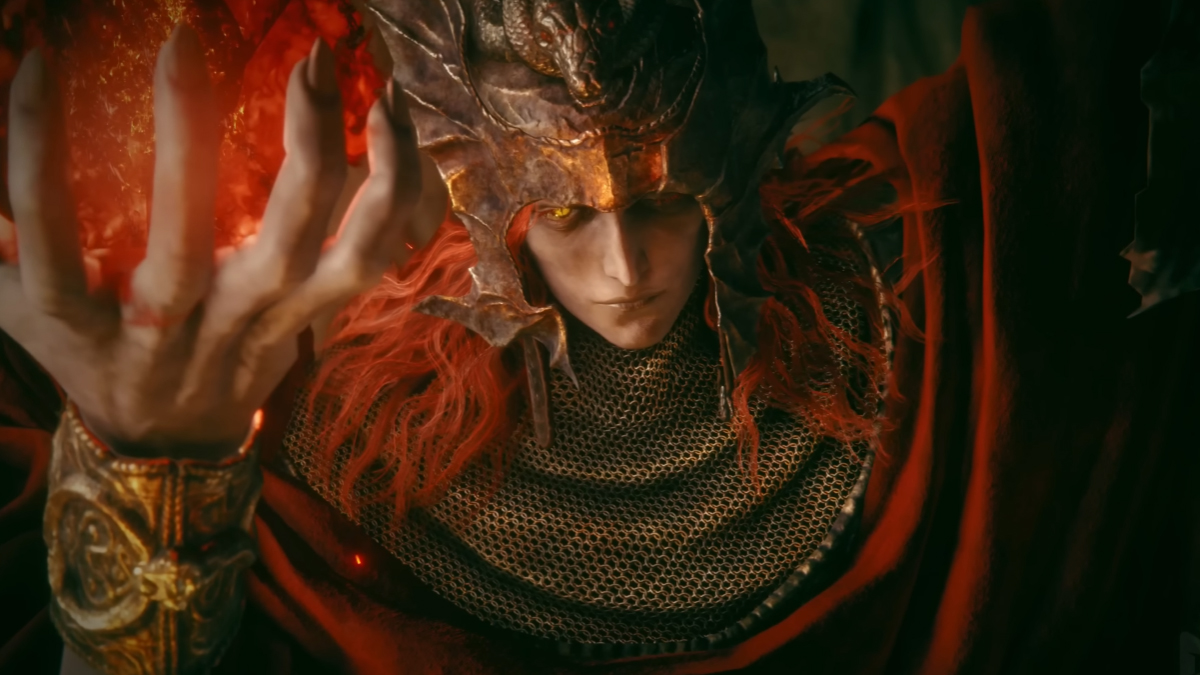


Published: Mar 2, 2024 10:00 am